Teaching staff 2022
Philippe Van Parijs is a guest professor at the Universities of Louvain and Leuven and a Robert Schuman Fellow at the European University Institute and was the founding director of Louvain’s Hoover Chair of Economic and Social Ethics from 1991 to 2016. In July 2020, the British magazine Prospect selected him among «the world’s top ten thinkers for the Covid-19 age» because of his role as « the godfather of the basic income movement ». He coordinates with economist Paul De Grauwe, the Re-Bel initiative (“Rethinking Belgium’s institutions in the European context”), which he co-founded in 2009. His books include Le Modèle économique et ses rivaux (Droz, 1990), Qu’est-ce qu’une société juste? (Seuil, 1991), Marxism Recycled (Cambridge U.P., 1993), Real Freedom for All (Oxford U.P. 1995), Just Democracy. The Rawls-Machiavelli Programme (ECPR 2011), After the Storm. How to Save Democracy in Europe (Lannoo 2015, ed. with L. van Middelaar), Basic Income. A radical proposal for a free society and a sane economy (Harvard U.P. 2017, with Y. Vanderborght) and Belgium. Une utopie pour notre temps/ Belgium. Een utopie voor onze tijd (Académie royale de Belgique/ Polis, 2018).
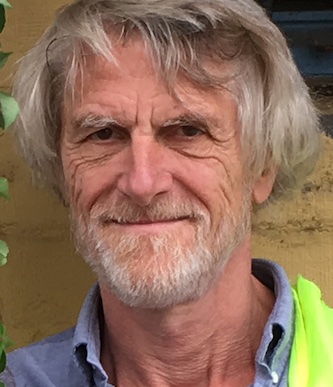
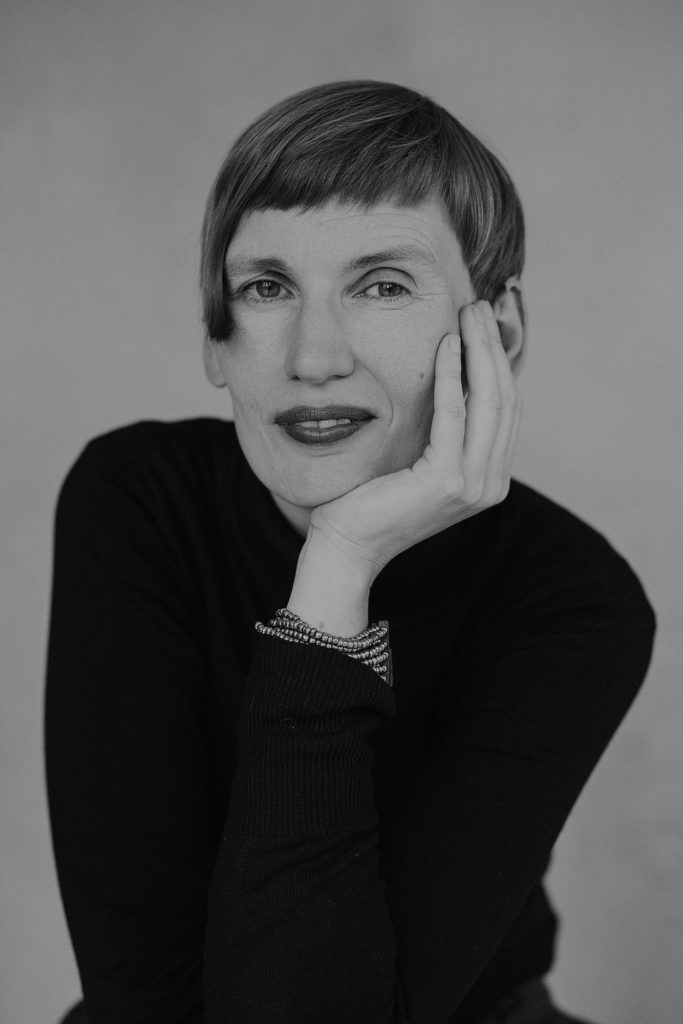
Eva Von Redecker is a poltical philosopher working on theories of property, social change and (un)freedom. In 2020/21 she held a Marie-Skłodowska-Curie fellowship at PoliTeSse Centre (University of Verona). Her project investigated the connection between authoritarianism and possessive individualism, building on the notion of „phantom possession“ proposed in „Ownership‘s Shadow“ (Critical Times 3:1, 2020). Eva‘s earlier PhD work on social change resulted in the monpgraph Praxis and Revolution (Columbia UP, 2021). Besides her academic work, Eva also writes public philosophy and literary essays; her general audience book on new forms of protest, Revolution für das Leben, appeared in 2020 in German and is being translated into French, Korean, Spanish and Greek.
Stefania Amato is a psychologist-psychotherapist expert in adult and elderly neuropsychology and in the diagnosis and neuropsychological rehabilitation of memory disorders and other cognitive deficits. She is particularly experienced in the assessment of decision-making skills that she carries out in an interdisciplinary team in the Verona Memory Center at Cems Medical Center in Verona. Since 2015 she collaborates in research projects in the field of physiological and pathological aging with the University of Verona (NPSY-Lab).

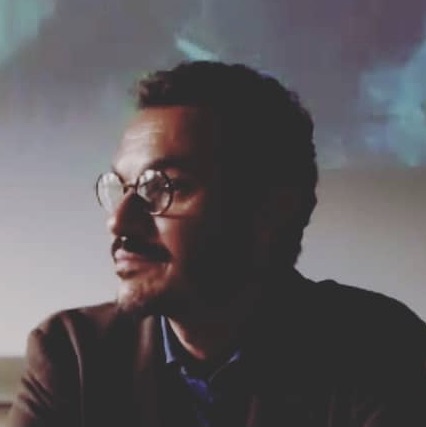
Lorenzo Bernini is associate professor of Political Philosophy at the University of Verona, where he directs the research center PoliTeSse (Politics and Theories of Sexuality, https://sites.dsu.univr.it/politesse/); and he is also one of the first promoters of GIFTS, the Italian network of Gender, Intersex, Feminist, Transfeminist and Sexuality studies (retegifts.wordpress.com). His interests range from classical political philosophy and French thought of the twentieth century, to contemporary theories of radical democracy, critical race theories and and queer theories. Among his books: Queer Apocalypses: Elements of Antisocial Theory (Palgrave Macmillan, 2017), that was previously published in Italian (Edizioni ETS, 2013) and Spanish (Editorial EGALES, 2015); and Queer Theories: An Introduction. From Mario Mieli to the Antisocial Turn (Routledge, 2019), that was previously published in Italian (Mimesis, 2017), and Spanish (Editorial EGALES, 2018). His last book, in Italian: Il sessuale politico: Freud con Marx, Fanon, Foucault (Edizioni ETS, 2019, forthcoming in English for Routledge).
Daniele Butturini is associate professor of Constitutional Law and Media Law at the University of Verona. His main research topics are fundamental rights and social rights in Constitutional Law and Media Law. He wrote on Media, Constitutional Rights, Italy’s government type. Basic Principles for the Treatment of Prisoners.


Stefano Catalano is Professor of Constitutional Law at the University of Verona. He is the author of numerous publications on various topics of constitutional law, many of them on the protection of rights. His first monograph (La “presunzione di consonanza”, Milan 2010) was awarded the ‘Opera prima’ prize by the Italian Association of Constitutional law. In addition to his ‘traditional’ teaching activities, he holds various conferences and meetings open to the public or dedicated to high school students on various topical constitutional issues and, more generally, on the subject of ‘citizenship and the Constitution’.
Sergio Cecchi is a researcher at the Department of Human Science. As sociologist and social worker he is interested in the following areas of study: Poverty and economic inequalities; Social control and prison policies; Immigration and oppression of minority social groups; Community work; Alcoholism and other addictions; Methods and techniques of social work.

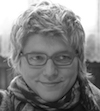
Federica de Cordova is a social and cultural psychologist, senior lecturer at the University of Verona. Her research focuses on identity and culture, in particular on the cultural and social norms that constrain self-definition in specific contexts and how these constraints influence both individuals who respect the rules and those who transgress them. She developed the multi-method research “FamilyLives” on parental identity within same-sex couples, between Italy and USA, and the Erasmus+ project Doing Right(s) to provide professionals with tools for the inclusion of LGBT+ individuals and families, in collaboration with Chiara Sità and Giulia Selmi. She is a member of the research centre “Politesse – Politics and theories of sexuality” and one of the founders of FamiliyLivesLab at the University of Verona.
Federica Faraoni is a psychologist who collaborates with the NPSY.Lab-VR, a laboratory of neuropsychology at the Department of Human Sciences at University of Verona. She is currently engaged in a master course on Forensic Neuropsychology at University of Padova.
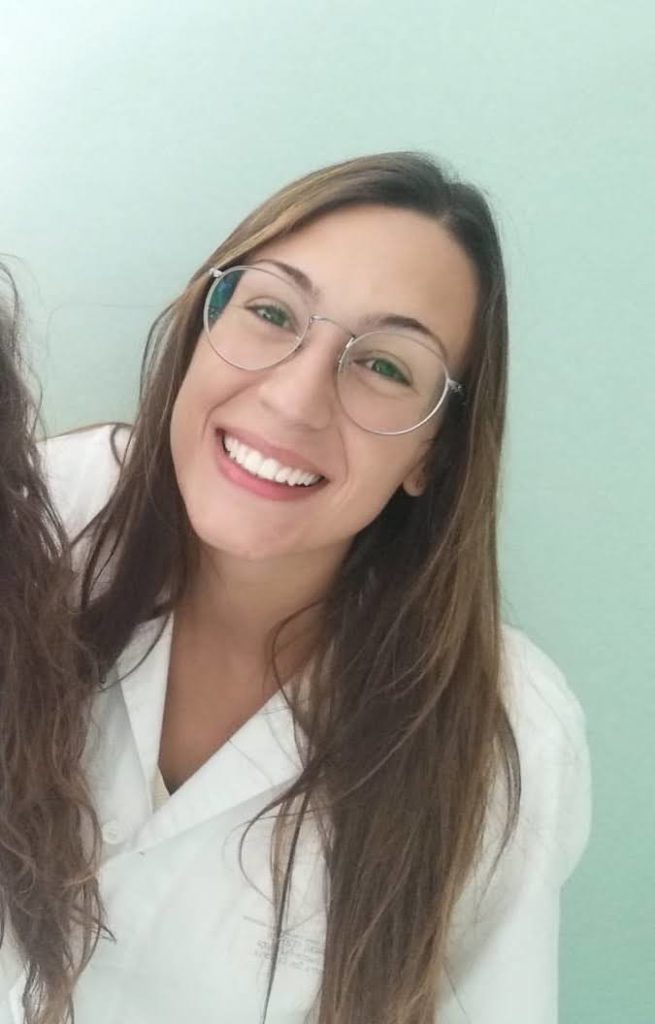
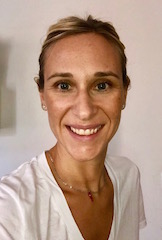
Elena Florit is assistant Professor of Developmental and Educational Psychology at the Department of Human Sciences, University of Verona. She was a visiting scholar at the University of Lancaster (Department of Psychology) and she has international collaborations across Europe. Her research interests mainly concern language and literacy acquisition (for more information see https://sites.dsu.univr.it/sldlab/). In particular, she is interested in individual and contextual factors accounting for language acquisition in monolingual and bilingual children, and intervention studies for supporting language development in at risk populations.
Giorgio Gosetti from 1991 to 2005 sociologist at the Bologna Local Health Authority, in 1998 he received a Master’s Degree in Administration and Management of Health Services (Emilia-Romagna Region/University of Bologna) and in 2003 the PhD in Sociology (University of Bologna). Since 2005 Researcher at the University of Verona and since 2015 Associate professor in the field of Sociology of economic and work processes. He had also taught at foreign universities (Pirkanmaa Polytechnic – Tampere University of Applied Sciences, Finland; CIEGS – Universitat Politécnica de Valencia, España, Universidad EAFIT, Medellin, Colombia). He coordinated and participated in research projects, especially in the thematic areas: (1) quality of working life and work culture, in relation to the change in organizational models; (2) work and new economic forms; (3) organization and organizational processes in social and health services.


Marta Milani is a Senior (Tenure Track) Assistant Professor at the University of Verona, where she is involved in research and educational consulting at the Center for Intercultural Studies. She was visiting scholar at the Ontario Institute for Studies in Education (OISE) of the University of Toronto, Canada (2011) and her research interests are focused on intercultural education, especially on the development of intercultural competence at school. She is also member of the Cooperative Learning Study-Training-Research Group, where she works as a vocational training expert both nationally and internationally.
Valentina Moro is Professor of Psychobiology and Physiological Psychology at the Department of Human Sciences, University of Verona. Her research themes include the biological correlates of body, space and action representations in healthy subjects and patients after lesions of the central and peripheral nervous system (SCI-Research. Group, http://profs.formazione.univr.it/npsy-labvr/spinal-cord-injury-research-center/). One of the main topics of her laboratory research (NPSY.Lab-VR, http://profs.formazione.univr.it/npsy-labvr/) concerns the deficits of awareness and decision making in neurological diseases like stroke and mental deterioration.

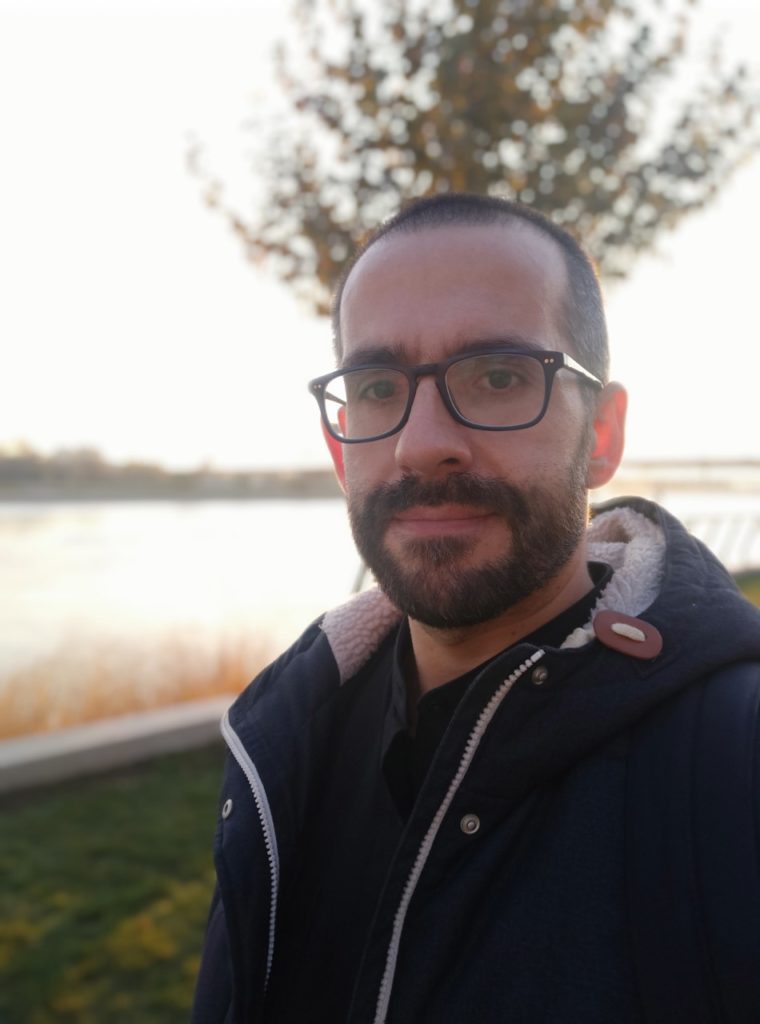
Massimo Prearo is a Research Fellow at the Department of Human Sciences of the University of Verona. His research interests and publications are on the political trajectories of the French and Italian LGBT+ movements. But in the last few years, during his Italian fieldwork, he bumped into street demonstrations against LGBT+ movements, claims, and people, organized by a kind of a new pro-life movement. In 2015, he started observing and studying their mobilizations, which are internationally known as “anti-gender campaigns”. He ended up authoring his last book on the political making of the Italian anti-gender movement. His new research project is on LGBT+ equality policies. He is the scientific coordinator of the Research Center PoliTeSse – Politics and Theories of Sexuality. He proudly teaches political science.
Sara Scola is Ph.D. / Doctor Europaeus in “Il Diritto privato europeo dei rapporti patrimoniali, civili e commerciali” and Adjunct Professor of Private and Family Law and of Private and Business Law at the University of Verona. She’s also Lawyer in Verona.
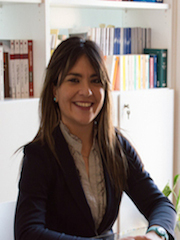
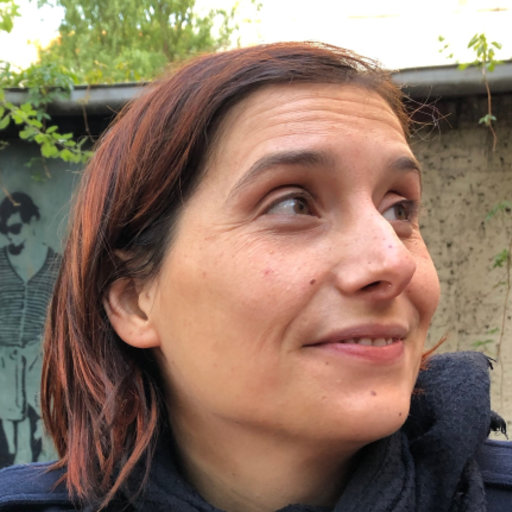
Giulia Selmi is Senior Lecturer (tenure track) in Sociology of Cultural Processes at the University of Parma. Among others, she has worked on the projects “FamilyLives” on the processes of construction of same-sex parental identity (in collaboration with the University of California, Berkley), “Doing right(s)” – Innovative tools for professionals working with LGBT+ families (European project E+) and DIMICOME on the integration of migrants in the labour market (Asylum and Migration Fund, led by Fondazione ISMU). She is a member of the research centre “Politesse – Politics and theories of sexuality” at the University of Verona and of the FamiliyLivesLab at the same university. She is a member of the board (2021-23) of the Research Network 23 – Sexuality of the European Sociological Association and of the board of GRIPS – Gruppo Italiano di Ricerca su Prostituzione e Lavoro Sessuale.
Chiara Sità is an associate professor in Education at the Department of Human Sciences. Her research is focused on the relationship between professionals and parents in parent support services and school. Her research topics are: parent support; the involvement of families of origin in child protection and foster care; LGBT parents and parental identity construction in the social sphere. She developed the multi-method research “FamilyLives” on parental identity within same-sex couples, between Italy and USA, and the Erasmus+ project Doing Right(s) to provide professionals with tools for the inclusion of LGBT+ individuals and families, in collaboration with Federica de Cordova and Giulia Selmi. She is co-founder of the FamiliyLivesLab at the University of Verona.

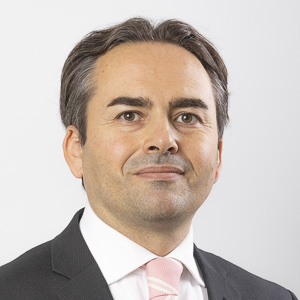
Mauro Tescaro is Associate Professor in Private Law (University of Verona – Department of Law). He is also Member of the Doctoral School Committee at the Doctoral program in “Recht und Rechtsdurchsetzung in Europa” (University of Verona and Universität Bayreuth) and Secretary of the Academia Internacional de Derecho de Sucesiones (Buenos Aires).